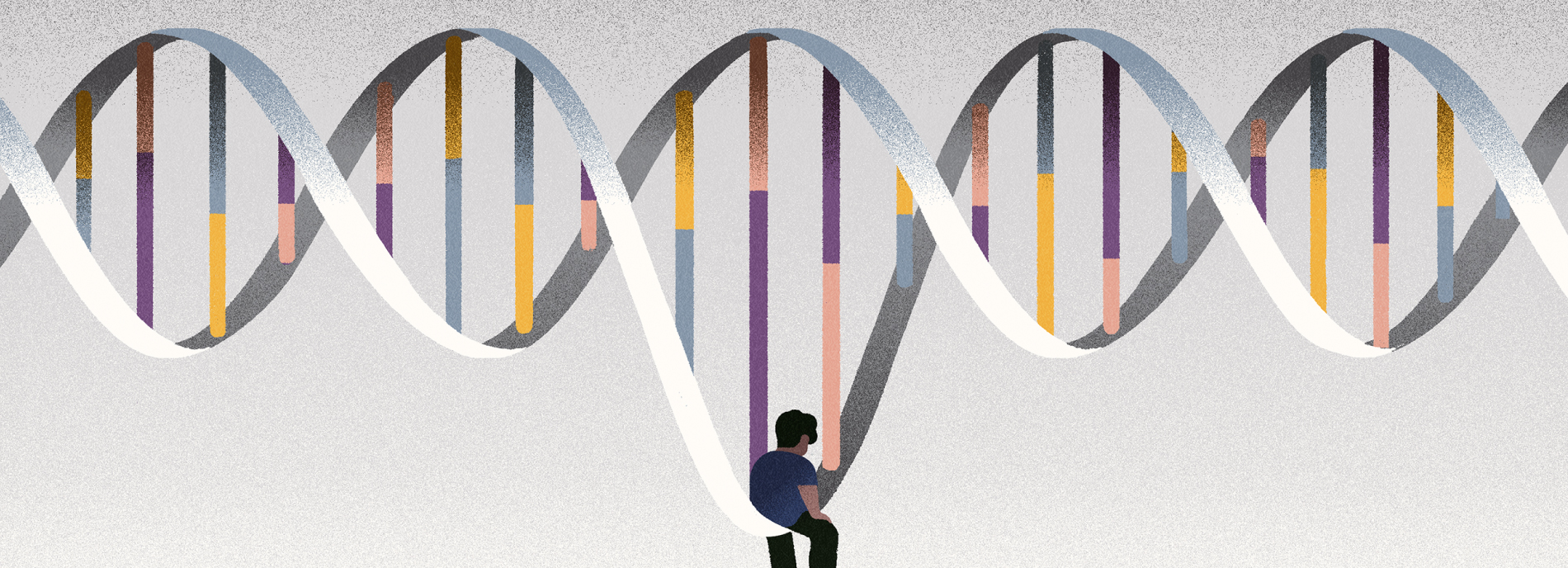Carrie Arnold is a Virginia-based freelance science journalist who covers many aspects of the living world. She’s a contributing editor at NOVA Next, and has also written for Mosaic, National Geographic, Aeon, Nautilus, Scientific American and Women’s Health. She is also the author of “Decoding Anorexia: How Breakthroughs in Science Offer Hope for Eating Disorders.”
Carrie Arnold
From this contributor
Weighing up autism’s obesity crisis
Autism’s underlying biology, associated behaviors and treatments can all put people on the spectrum at serious risk for obesity.
Rare form of autism shows unique pattern of regression
More than 40 percent of children with Phelan-McDermid syndrome lose skills they once had, beginning, on average, at age 6.

Rare form of autism shows unique pattern of regression
The innovators: How families launch their own autism studies
Some parents are starting ‘N-of-1’ studies for autism, but their efforts don’t always get taken seriously.

The innovators: How families launch their own autism studies
The invisible link between autism and anorexia
Autism and anorexia may seem to have nothing in common, but below the surface, the two conditions are startlingly similar—and sometimes affect the same person.

The invisible link between autism and anorexia
Explore more from The Transmitter
Frameshift: Raphe Bernier followed his heart out of academia, then made his way back again
After a clinical research career, an interlude at Apple and four months in early retirement, Raphe Bernier found joy in teaching.

Frameshift: Raphe Bernier followed his heart out of academia, then made his way back again
After a clinical research career, an interlude at Apple and four months in early retirement, Raphe Bernier found joy in teaching.
Organoid study reveals shared brain pathways across autism-linked variants
The genetic variants initially affect brain development in unique ways, but over time they converge on common molecular pathways.

Organoid study reveals shared brain pathways across autism-linked variants
The genetic variants initially affect brain development in unique ways, but over time they converge on common molecular pathways.
Single gene sways caregiving circuits, behavior in male mice
Brain levels of the agouti gene determine whether African striped mice are doting fathers—or infanticidal ones.

Single gene sways caregiving circuits, behavior in male mice
Brain levels of the agouti gene determine whether African striped mice are doting fathers—or infanticidal ones.
